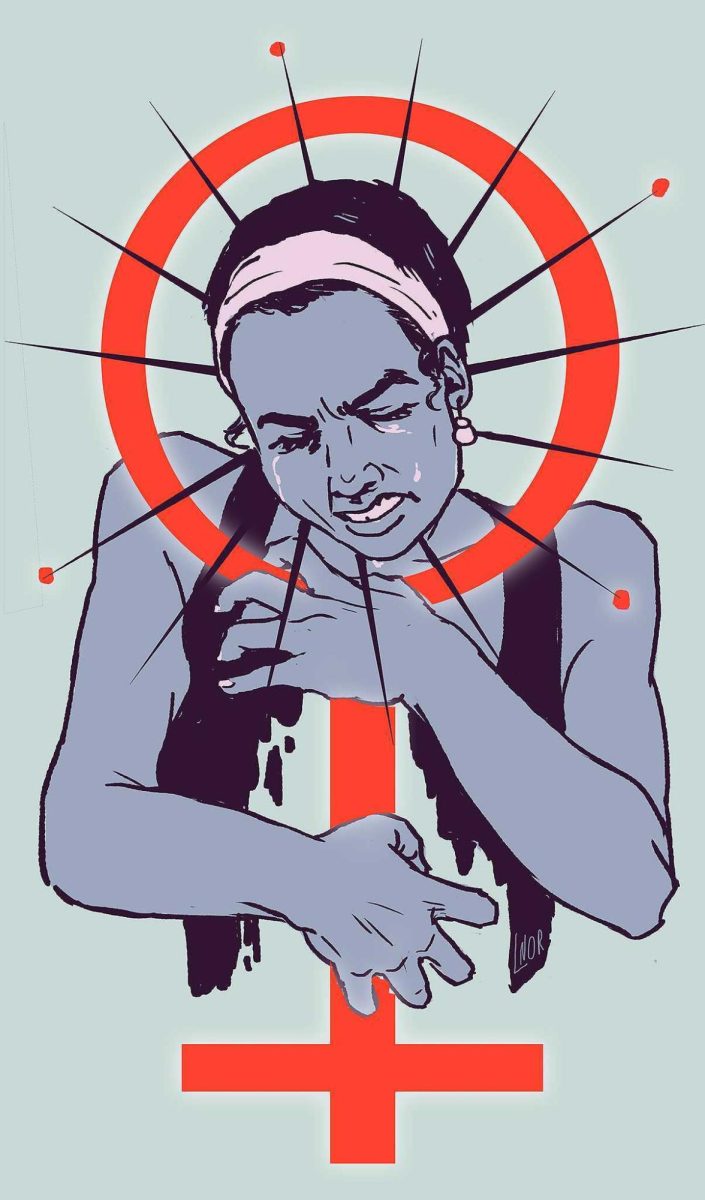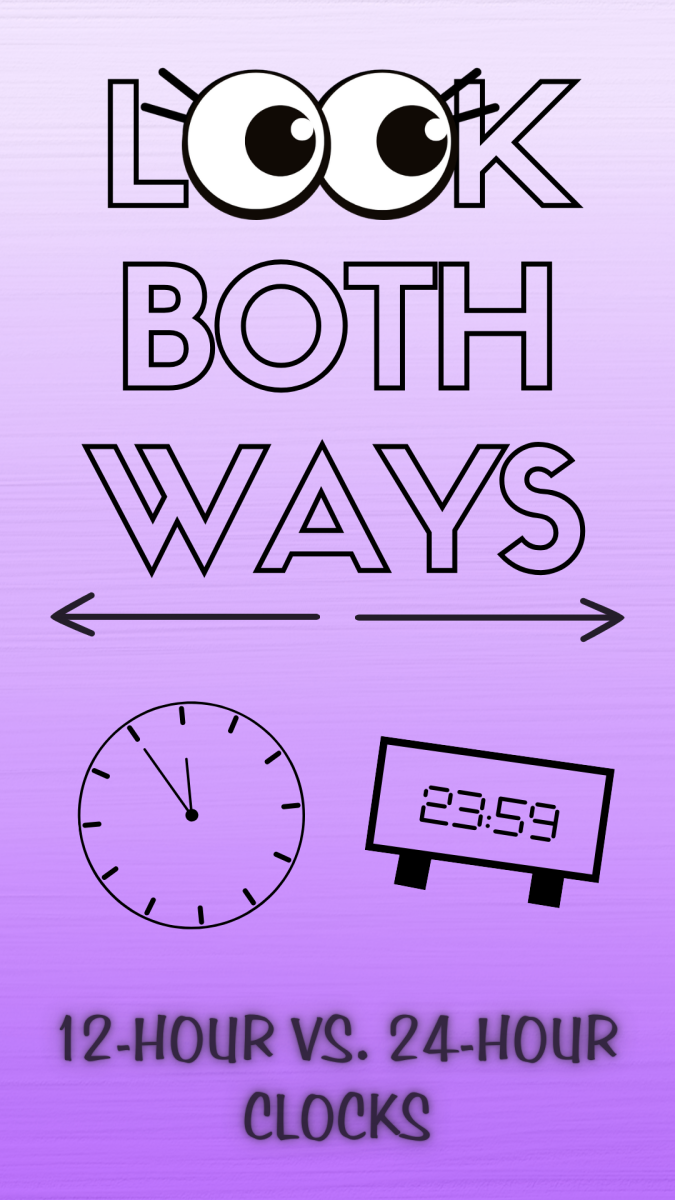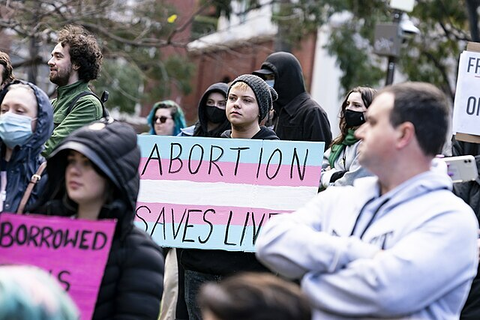Misogyny is certainly not a new problem facing women, although it may be surprising to learn that it’s not just men who are capable of being sexist.
Internalized misogyny is the subconscious projection of sexist ideas onto other women or onto themselves, as defined by the University of Missouri-Kansas City.
At some point, women have most likely all fallen victim to being slightly misogynistic themselves.
Preconceived notions about how a woman should dress and act have been perpetuated by movies, TV and the media for ages. Projecting the ideas put out by the media onto ourselves and others is an inevitable result of this.
Even as part of the oppressed community, it is impossible to avoid absorbing these prominent ideologies.
One of the most recent examples of internalized misogyny propelled by the media is the “I’m not like other girls” phenomenon.
Commonly used on social media, the “I’m not like other girls” trope is when a woman believes herself to be superior to other women for not participating in popular fashion trends, listening to popular artists or wearing makeup, according to Gen Z: We Are the Future Organization, an organization that publishes articles on various world issues.
One of the most popular examples of internalized misogyny is the absurd amount of hate toward singer-songwriter Taylor Swift.
Disliking a female artist is, of course, not misogynistic, but when it comes to hating on her just for her popularity, or just because she sings about men, then it arguably crosses that line into sexism.
Men write songs about their own love life all the time, so why is it such a big problem when Swift does it?
“I really think every girl can relate to Taylor Swift in some way, and while everyone might not be a fan of her music, I think everyone should appreciate her at least. She’s made a lot of changes in the music industry,” said Hannah Schori, a sophomore elementary education major.
The need for individuality has progressed into the need to put other women down for having more “feminine” interests or interests that are popular.
It’s impossible to talk about internalized misogyny without also mentioning YouTuber Pearl Davis. Davis, a fast-growing YouTube commenter, has recently taken the internet by storm and is yet another example that highlights the major problem of internalized misogyny.
The Youtuber has gained notoriety on the internet for her absurd comments made about women, most famously her beliefs that women should not have been given the right to vote and divorce should be made illegal, according to Insider.
Davis’ channel is harmful because it gives young men a token female who believes men hold more value than women. However, it is also harmful in that it generates a small number of female fans who view her as a role model.
Although Davis is an extreme example of a woman faced with internalized misogyny, there are still plenty of smaller instances that affect society on a bigger scale.
Preventing internalized misogyny starts at childhood. Parents should be teaching their daughters that they are allowed to express themselves in whatever way they want, without paying attention to outside influences that say otherwise. Parents should also be teaching their sons to respect and view women as their equals.
However, for those of us that have passed our childhood years, we can prevent internalized misogyny by looking to role models who advocate for feminine power. It would also be beneficial to surround ourselves with women that lift us up rather than put us down.















